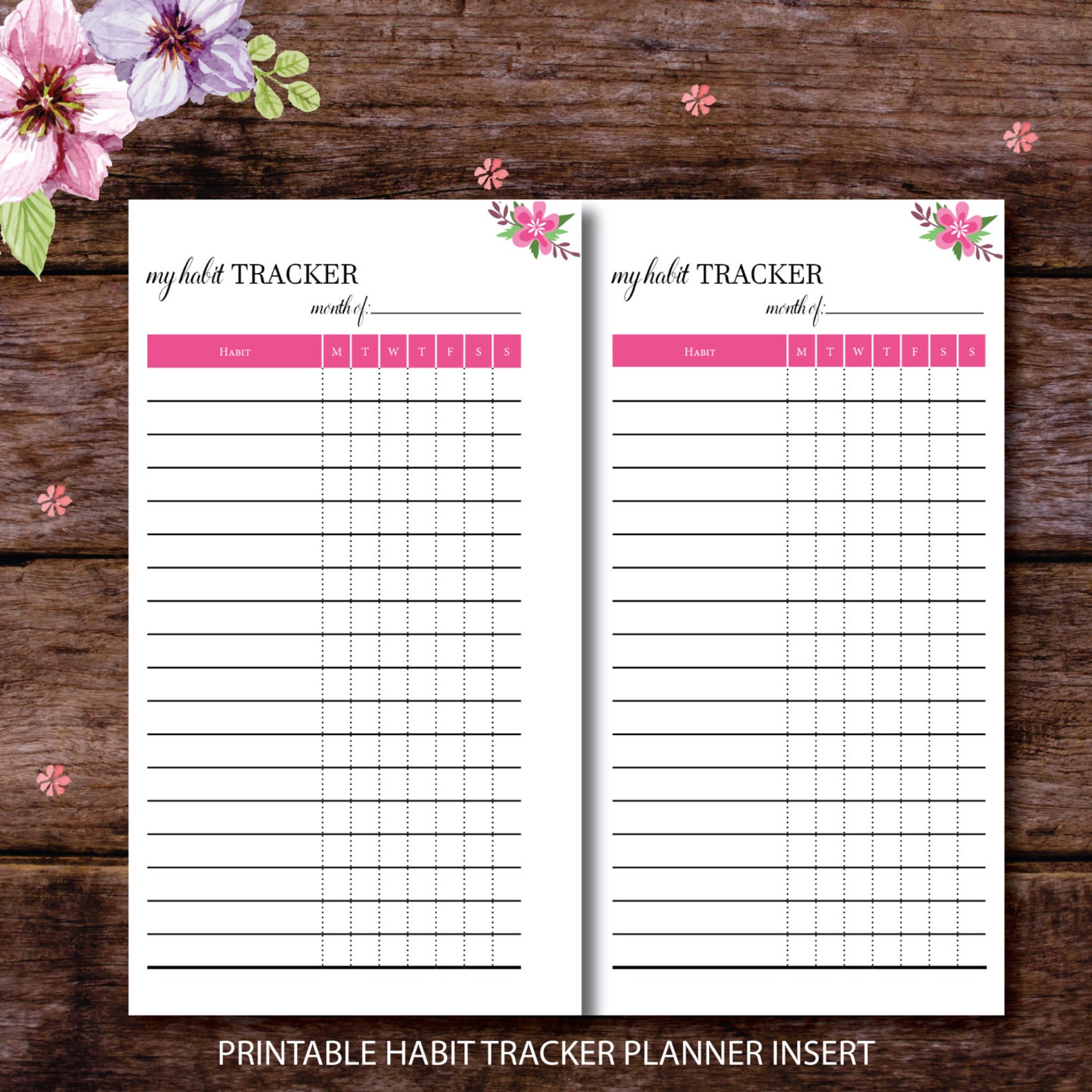
Here are the elements I choose to track when my writing practice could use some shoring up:Įnergy Level: How much mental, emotional, and/or creative energy am I bringing to my writing session today? Example: high, medium, lowĬurrent Project: What project do I intend to work on? What large milestone goal am I working toward? Example: Lady Legacy finish the fourth draftĬurrent Benchmark: What small goal do I aim to achieve each day or week as I work toward completing my milestone goal? Example: write for 30 minutes a day, or write 5k a weekĭoubts or Limiting Beliefs: What internal struggle(s) am I bringing to this writing session? Example: I'm worried I can't fix this chapter, or I feel like I'm never going to be a "real" writer.Īffirmations: What words of truth can I remind myself to refocus these negative thoughts? Example: I'm capable of completing difficult creative work, or I'm a real writer if I sit down and write - simple as that. If you simply want to maintain the habit you've already built, then keeping things simple is a-okay. If you're struggling to gain a sense of creative confidence and momentum, then you may wish to log various pertinent aspects of your practice. The elements of your writing habit you choose to track are up to you. Tracking the finer details of a habit is a common way to seek intentional improvement regardless of one's hobby or craft of choice.Ĭonsider marathon runners who track when and where they run, how much distance they cover, and what they eat before hitting the road, or language learners who log how much time they study, which tools they use to practice, and which aspect of the language they focused on learning that day. Which internal roadblocks commonly disrupt your focus and motivation Which activities and circumstances steal your creative energy

Where and when you complete your best work But if you want to improve your focus and efficiency as you write, tracking your writing habit in greater detail can help you identify key insights and areas in need of improvement, such as: Tracking your writing habit can be as simple as noting whether you wrote on any particular day. Should you track your writing habit in greater detail? In short, habit tracking is a simple but power motivational trick designed to help you push through resistance and write. Your log reminds you to write despite life's distractions, and it motivates you to pick up the pen to add another check mark to the long list of finished writing sessions you've already accumulated. Pairing this practice with habit tracking - the act of marking down each time you complete this daily or weekly benchmark goal - can help you transform that sense of everyday accomplishment into ongoing creative momentum.Įven if you feel miles away from finishing your draft or publishing your book, habit tracking gives evidence to the fact that you're putting in the work to make those goals happen. finishing a first draft, revising a manuscript) into daily or weekly benchmark goals can help writers find a sense of accomplishment in their everyday work. I've often shared how breaking down large goals (e.g. It's no wonder many writers struggle to maintain a sense of momentum in their craft.
Those looking to build habits that lack short-term gratification or an immediate sense of notable progress, such as writing a novel, may find habit tracking especially helpful.Īfter all, it often takes months (or even years) of difficult, determined work to complete any major aspect of the writing process, such as pre-writing, drafting, researching, or revising. It encourages healthy pressure and motivation. It provides proof of your commitment, creating a sense of pride and accomplishment. It serves as a visual reminder to complete your desired habit. Habit tracking itself can be beneficial for several reasons: In its most basic form, habit tracking is the act of logging each time you complete a habit you're working to build or maintain. Here at Well-Storied, I often talk about the many reasons writers fail to put pen to paper or fingers on keys, including:īut what about those of us who are looking to maintain (or even improve upon) the writing habits we've worked to build? Today, I'd like to share the easiest way to double down on your commitment to the craft: habit tracking. Want to create a better, stronger writing habit?


 0 kommentar(er)
0 kommentar(er)
